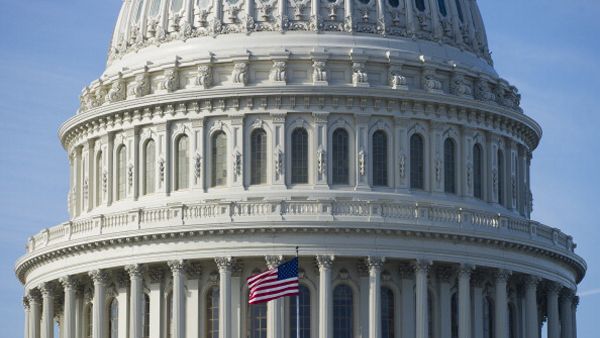Avoiding the Fiscal Cliff: What Does It Mean for You?
Now that the potentially dangerous fiscal cliff has been surpassed, it's time to look at what it really means and how its solutions affect you.

If you were at all tuned in to governmental issues towards the end of 2012, you recognize the term "fiscal cliff" and realize that it posed a large concern for American lawmakers in the weeks leading up to New Year's Day. Now that a deal avoiding the fiscal cliff has been approved, it's time to look at what it really means for citizens like ourselves.
The fiscal cliff can be defined as a potential drastic decline in the U.S. budget deficit starting in 2013. Due to reduced governmental spending and increased taxes, the fiscal cliff could have initiated a minor recession at the beginning of the year. For example, the fiscal cliff would have lead to budgets cuts for more than 1,000 government programs, including the defense budget and Medicare. Additionally, nationwide tax increases would have occurred as various tax breaks for businesses would have ended.
But, not to worry, well, too much. Congress passed the American Taxpayer Relief Act three hours before the fiscal cliff's midnight deadline on January 1, which partially resolves the concerns of the fiscal cliff's aftermath. While the American Taxpayer Relief Act both addresses and eliminates several originally problematic acts, it still extends certain provisions of which you as a taxpayer should be aware.
If your household makes up to $113,700, your contribution to the Social Security program will now be two percent of your yearly income, up to $2,274.
If your household makes more than $450,000, your tax rate will permanently rise to 39.6 percent. The same is true if you, as an individual, make more than $400,000.
If you are unemployed, your benefits will be extended for one year as opposed to the program's original six months.
If you have children under the age of 17 and make between $75,000-$110,000 per year, you may claim up to a $1,000 tax credit.
Get exclusive access to fashion and beauty trends, hot-off-the-press celebrity news, and more.
And, most importantly, if you enjoy your milk products, the price of milk with not be doubling as portions of the expired 2008 farm bill will be extended. Gouda for everyone!